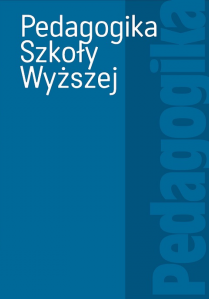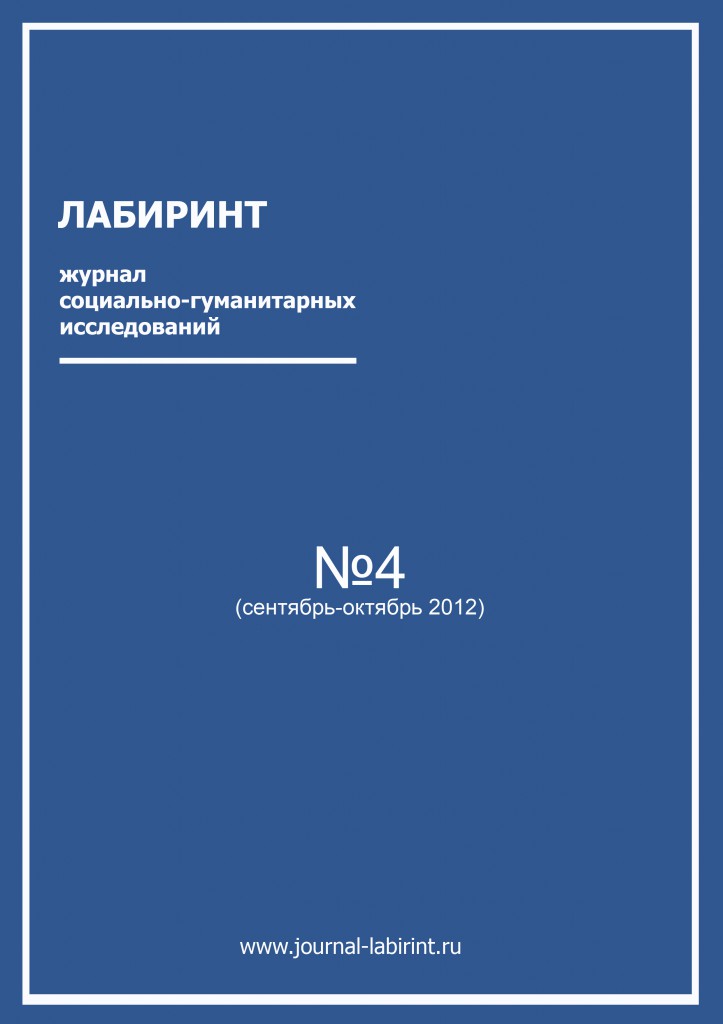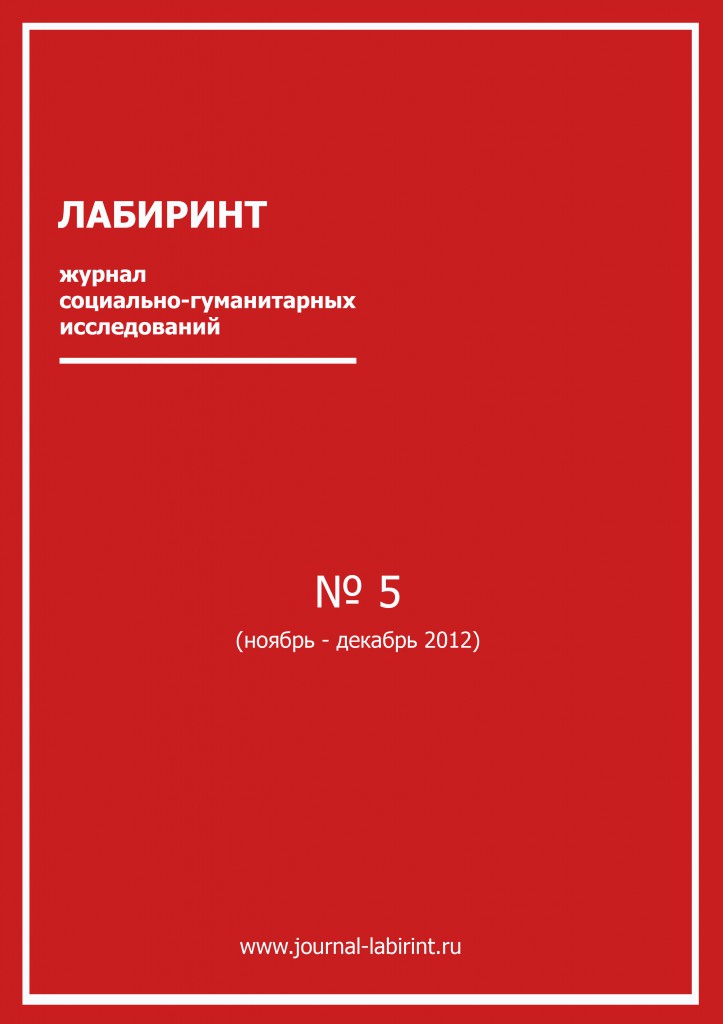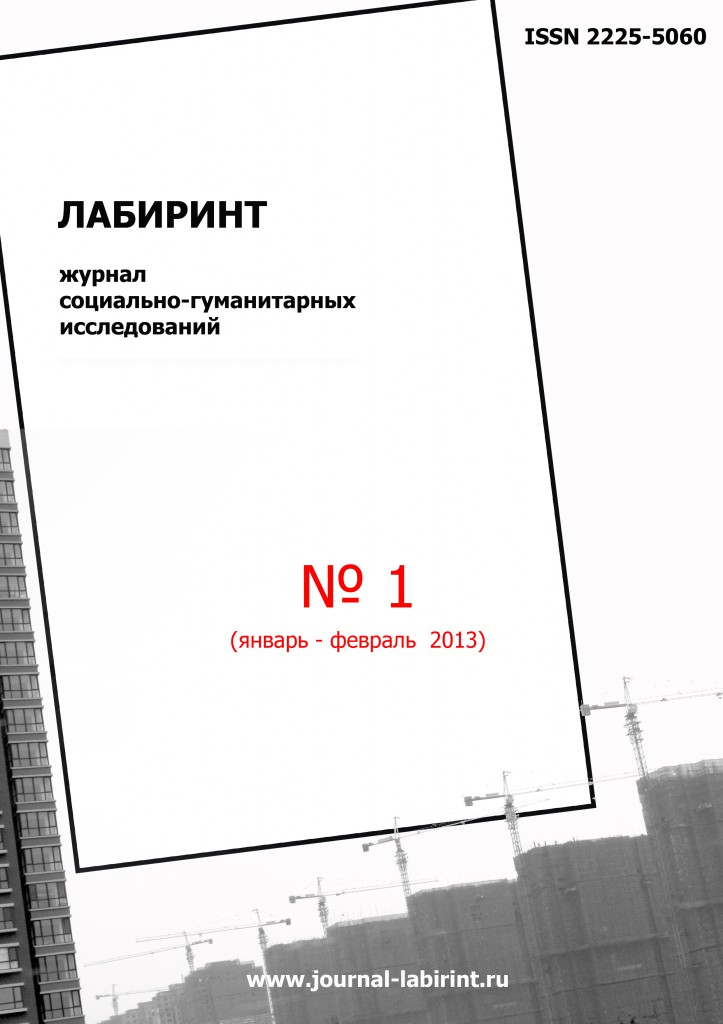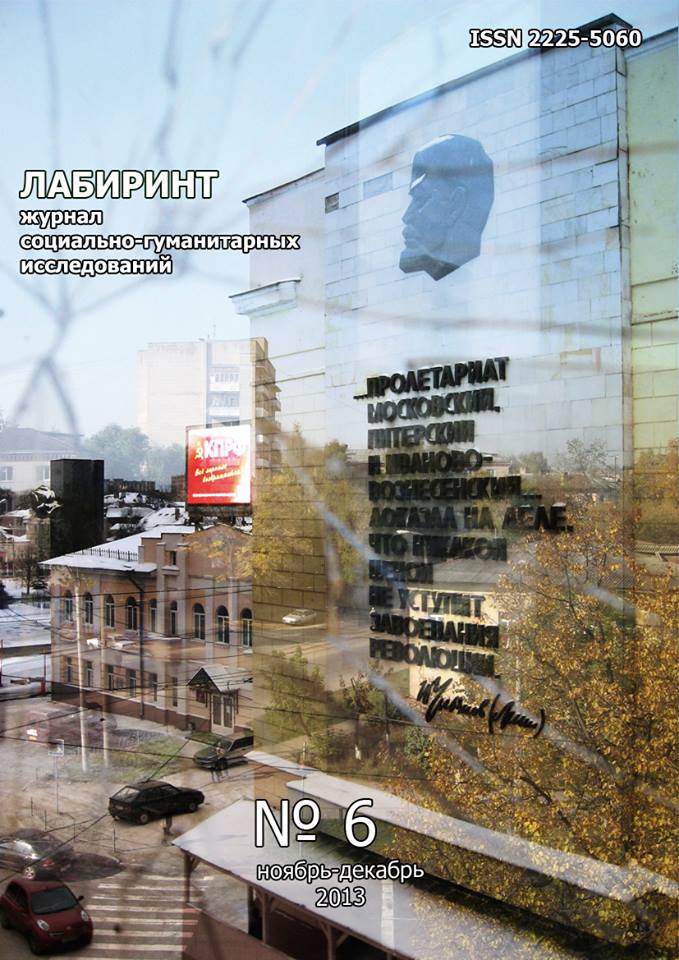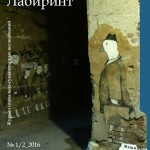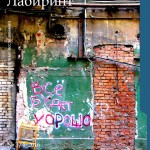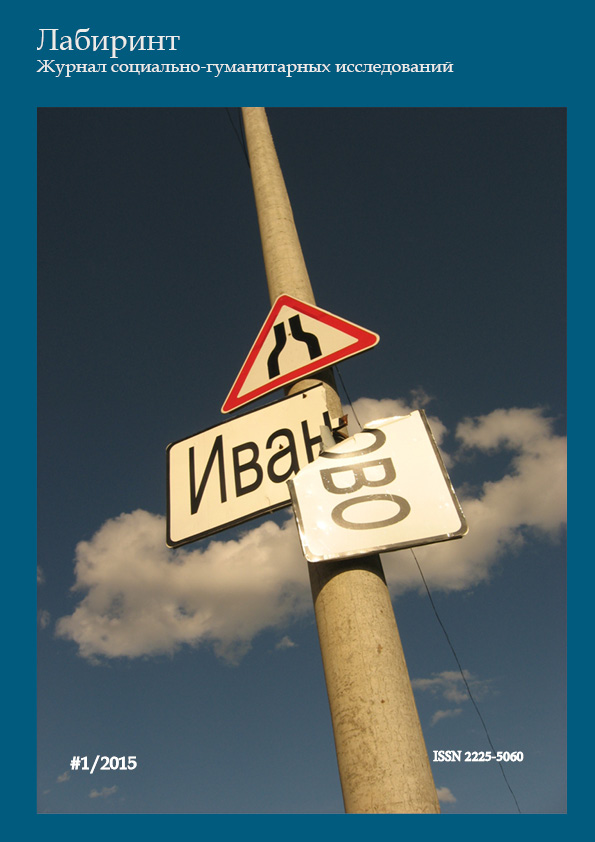Ekslibrisas kaip kultūros paveldas ir jo sklaida Šiauliuose: nuo Mokytojų seminarijos iki Šiaulių universiteto (1924- 2014)
The article discusses the notion of ex libris and their dissemination in Šiauliai and Šiauliai University, the first ex libris in Lithuania, the activity of their collectors and the first creators in Šiauliai, Artist Gerardas Bagdonavičius, a creator, promoter of ex libris and a pedagogue, artists’ exhibitions, competitions, awards.
More...
